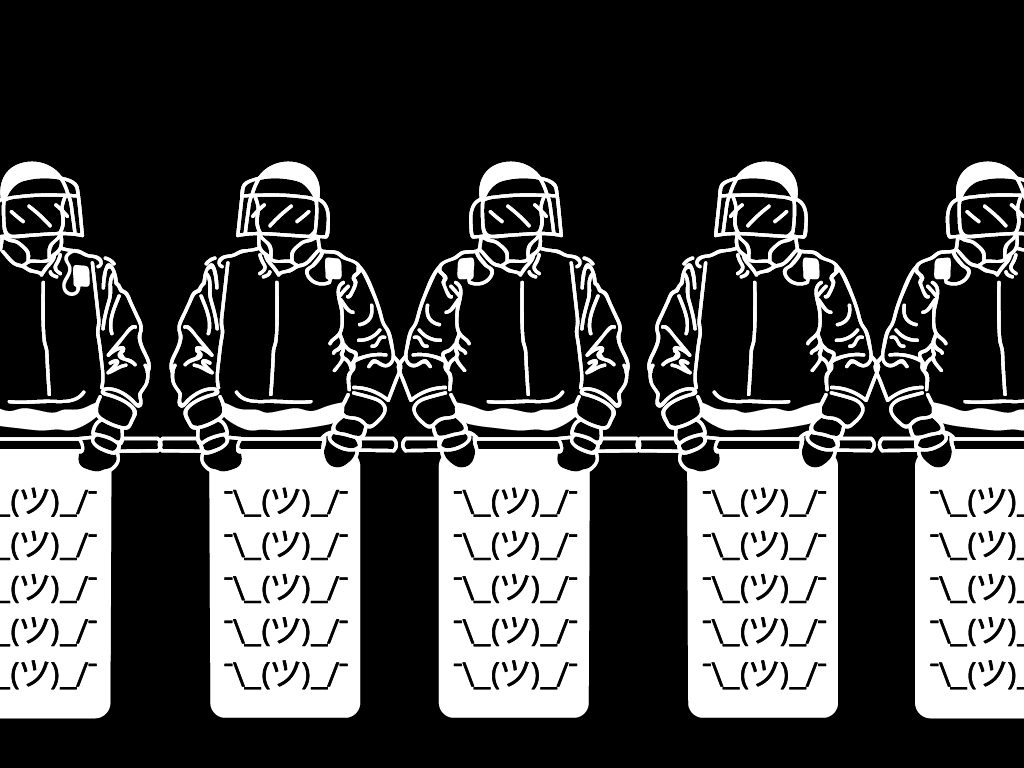
I have a love-hate relationship with irony. Much of the satire I enjoy uses it as a way of expressing ideas. In those cases, it usually supports the hypocrisy of a character with a lack of self-awareness. I would say that for a large part of my early development, I had an abnormal reverence for things that were ironic. It was very prevalent in the projects I idolized.
Over time, I thought more about the concept in general. The most interesting and troubling aspect of irony is when it becomes difficult to distinguish whether or not something has ironic or sincere intent — this concept is called post-irony. Layers of irony piled on top of each other ad infinitum creates a disconcerting web of confusion that gives me existential dread.
The disturbing element of this extreme ambiguity is something that I used to find appealing. The more I examined the way it was implemented, the more I took issue with it.
The use of irony to be funny extends beyond movies, television and literature. The everyday use of ironic phrases and sentiments are a common thing people do to joke around in conversation. People will imitate others they don’t like, or say things that they don’t believe to be funny.
But, is there a difference between expressing an extreme sentiment ironically and sincerely, even if it’s clearly a joke? At a certain point, doing something long enough in an ironic manner causes it to evolve into a sincere gesture, especially when the intent is ambiguous.
I am not completely sure if it is directly harmful to express sentiments you don’t believe — even if it’s a joke. Ideas can take hold of us through repetition, and regardless of intent, there might be a lasting effect to saying things you don’t mean.
Layers of irony allow for expressions of genuine hatred with concealed intentions. This doesn’t mean we should condemn irony, but that we need to be extremely wary when dealing with something that is so mired in irony its intent is indecipherable.
Post-ironic works allow the creators to hide from the responsibility of sincerity. While the ambiguity of post-irony is an interesting literary technique, it is also a way for malicious people to express their toxic points of view without being held directly accountable.
I believe that anything should be permitted in the pursuit of art — and particularly in the pursuit of comedy. Irony should be fair game as a tool in those endeavors, but it should be monitored closely because of its potential for abuse.
Still, I find it difficult to fully endorse the post-ironic approach because I am not sure of the full extent of the consequences. I would say that an appropriate way to handle using post-irony is to treat it like dream sequences or mental illness — don’t do it unless you are positive you can pull it off correctly.
Identifying intent is an important aspect of making ethical assessments of art. Post-irony makes it difficult to do so. It’s disconcerting because it removes our ability to make an assessment and that means we may be supporting something malicious.
It’s alright to laugh at something you disagree with, but it’s important to understand the intent. You don’t always need to know an artist’s intent, but the ambiguity makes it hard to fully trust them.
























